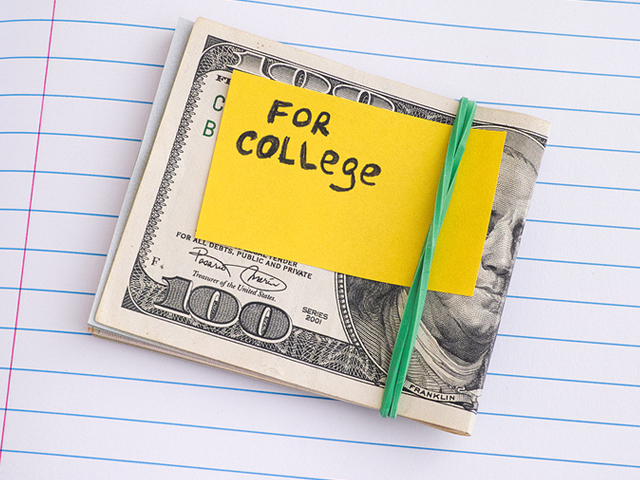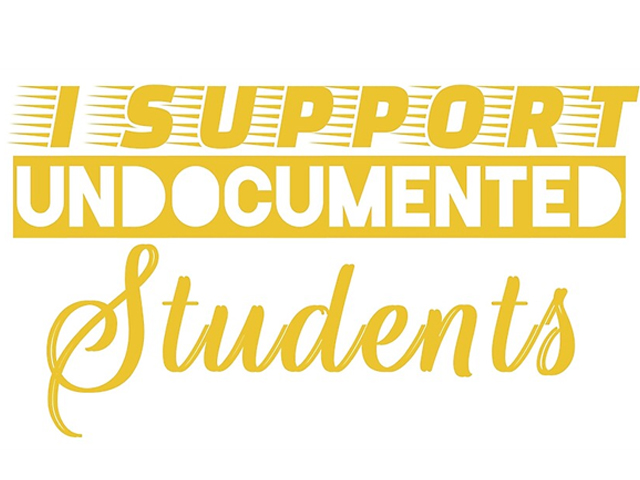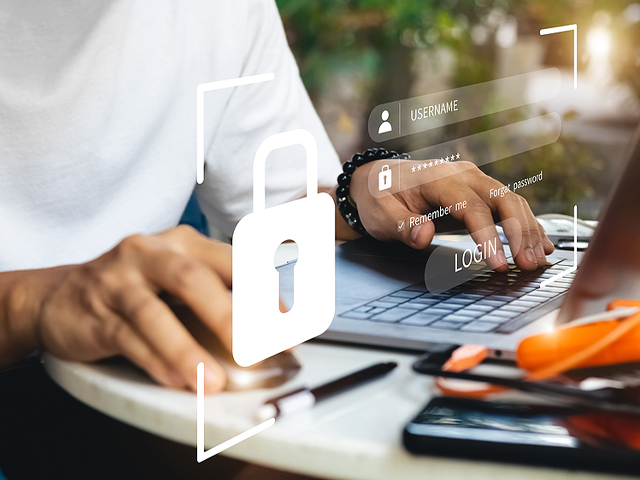
The earlier you can learn about finances and how to manage them, the better. Maybe your parents were lucky enough to help you open up a basic savings account at the bank and discussed the financial basics with you.
Perhaps, someone has shown you the importance of how to budget money. There is a big difference between having a financial plan and putting it into action. If you are just starting now, don't be discouraged. The following tips below will deliver some excellent insight to help you get organized.
Educate Yourself
Unfortunately, there is no magic money fairy who visits you when you are asleep and fills your head with all the financial details you will need to understand. Learning how to track your spending will make it easier to establish a budget and stick to it.
The internet, books, podcasts, and YouTube can be accessed along with your friends and mentors to help you learn. There are many apps and free programs you can use for education and support. It is essential to figure out how much cash flow is coming in and the amount that is leaving and where exactly it is going.
It is easy to underestimate how vital this skill is. Many people have never sat down and looked at their spending habits. These tools are important for the rest of your life, and you can rely on them well past college.
Learning How to Budget
Discovering how to budget successfully can help you avoid financial problems. Budgeting correctly doesn't simply cover your monthly bills; it additionally has some savings included to cover unexpected costs. A general rule many people follow is to have three months of expenses put aside in case you are off work or school for some reason.
To figure out your budget, you will need to look at your monthly net income and subtract your expenses. This includes your rent, car payment and insurance or bus pass, fuel and parking fees, credit card, electricity and water bills, food, student loan amount and any other regular items. Add in the costs of future bills and pay a monthly amount to avoid having a large sum due.
Don't Forget To Pay Yourself
Your slush fund amount for savings needs to be calculated the same as a bill payment. This ensures you are putting cash aside every month for savings. Typically, students make lower wages. It can seem impossible to try and save up three months’ worth of expenses.
By adding this cost to your daily, weekly and monthly budget, you will be able to handle any emergency bills later. This is helpful if you are planning on a trip or need to purchase airfare to travel home over the holidays. Unexpected meals out with friends or car trouble can add up fast.
Dental and medical bills may arise that extend beyond your insurance. Having a nest egg takes the stress away. The goal is to reach your three-month savings mark and not touch the money. Letting it grow and build is ideal.
Inevitably, there will be emergencies you will need to tap into those funds for. If you have to dip below your three-month slush fund amount, keep track. There may be some items that you need to put on hold until you can repay that savings goal.
Slush Fund Basics
When you get a raise or when the costs of something increase, your slush fund will need to be adjusted to reflect the current situation. When your rent goes from $650 a month to $700, a portion of your savings will have to be adjusted.
To compensate for this rent increase, your savings account or slush fund would require an extra $50 to compensate. Any additional price increases will have to be reflected in your savings account to make everything stay balanced.
Credit Cards and Loans
It is necessary to calculate what your monthly bills will be before you head off to college. This can help you figure out if you need to take out a student loan. Credit cards and student loans will help you establish a positive credit rating in the future if you make your payments on time.
Student loans typically offer lower interest rates and longer repayment terms, making them a popular option. Credit cards need to be repaid in full every month or interest accrues. Note that student loan lenders will only have a specific grace period before your minimum monthly repayment plan kicks in and if you miss these dates, your loan amount will increase.
Aim to repay a portion of the small monthly fee at the beginning of the loan to help you reduce future financial strain.
Money Management and Building Credit
A credit card that you can pay off in full each month will help you learn how to manage money. It will also be a great way to help you build your personal credit score. Start out with a small limit to ensure that you don't go overboard.
Pay expenses like fuel or heating bills, etc. and then pay it off by the due date. Starting small and increasing expenses later can help you stay organized. Remember, the interest rates add up fast and your interest amount can dramatically jump if you miss a payment. Watch your statements carefully to stay aware of your finances. Things can change quickly if you forget to check in for a while.
Regular Financial Check-ins
Make a point of checking into your bank account daily or weekly. This is the best way to keep tabs on your spending habits, any fraudulent activities on your account, or unwanted interest from a missed payment somewhere.
It is vital to get into the habit of recalculating the amount that is coming in and the amount that is being spent. Everyday living expenses such as gas and food and rent keep rising. Budgets are designed to fluctuate along with these changes.
Avoid Complacency
Once the cash in your savings account begins to accumulate, it can be easy to take a complacent role. It is essential to continually keep track of your expenses to avoid this from happening. Treating yourself to coffee or eating out can add up faster than you think. These small purchases are not always added to your budget calculations.
Having the odd coffee or lunch out or ordering a pizza here and there can add up to spending hundreds of extra dollars each month. Typically, the more money we think we have, the easier it is to spend.
Setting Reminders
Use apps or a calendar or set up online banking payments, if possible, to cover your expenses. If possible, pay for items up to 3 days in advance if you are using online banking to avoid the processing delay. Some items will be considered late otherwise, and you may be charged interest.
Achieving Your Long-Term Financial Goals
It is possible to obtain long-term goals when we continue to expand our savings as our expenses and our salaries grow. That three-month slush fund will generate peace of mind and a level of freedom.
Begin your savings habit early and you can enjoy larger purchases as the money increases. Once you may have only dreamed of owning a home, however, with consistent budgeting and goal-setting, your biggest financial dreams can become reality.











